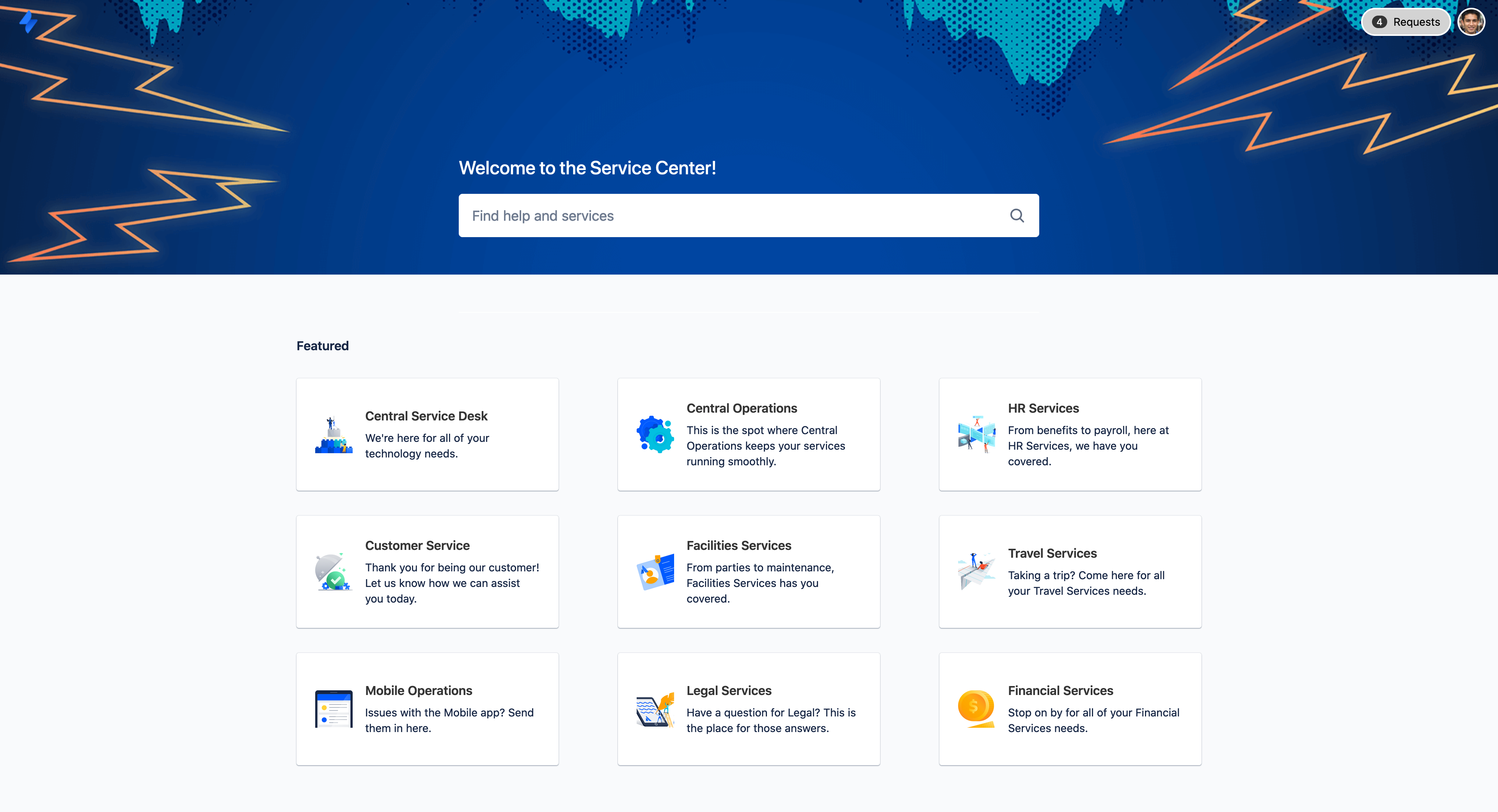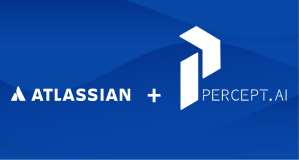Atlassian today announced that it has acquired Percept.AI, an AI company from Y Combinator’s summer 2017 batch that offers an automated virtual agent support solution — a chatbot, basically — based on a proprietary AI engine for natural language understanding. Atlassian plans to integrate this virtual agent technology into Jira Service Management, its tool for helping IT teams provide better service to employees and customers.
Ahead of today’s acquisition, Percept had raised a seed round for an undisclosed amount from the likes of Hike Ventures, Builders VC, Cherubic Ventures, Amino Captial, Tribe Capital and Y Combinator, according to Crunchbase. The two companies did not disclose the financial details of today’s acquisition.
There can be little doubt that Atlassian is investing heavily in Jira Service Management. In 2020, the company acquired Halp for its Slack-first help desk ticketing service, in addition to Mindville, an enterprise asset management firm. Last year, it picked up ThinkTilt for its no-code/low-code form builder specifically to strengthen Jira Service Management (and that’s on top of a number of other acquisitions around the Jira ecosystem in recent years).
Edwin Wong, Atlassian’s head of Product for IT Solutions, told me that the company isn’t just betting on acquisitions to expand the service, though.
“It’s not just about inorganic investments. There’s a whole host of organic things that we’ve done […],” Wong said. “The goal really isn’t just to buy something and plug it in, it is about a more deliberate strategy — to think about what fits well and then build on top of what has been created and create that sort of unified experience into one product. So it’s not really about, ‘hey, here’s six different things’ and then for our customers to have to think, ‘oh, what do I need to do pull them together?’ It is about creating those integrated experiences.”
It’s no secret, though, that IT teams are under more pressure to deliver great customer service than ever, something the pandemic isn’t making any easier, while their customers, even in the enterprise, expect a consumer-like experience. Ideally, a product like Percept.ai would be able to deflect the vast majority of tier-1 support questions, provide users a great experience and free up IT teams to focus on more complex tasks.
That’s the goal of a product like Jira Service Management and, as Wong noted, the service now has over 35,000 customers that come from virtually every industry.
Wong said that what drew the team to Percept was its engine’s ability to understand a lot of the context behind a support query. It can analyze the content, intent and sentiment and — combined with the user profile — is able to provide a personalized response. When the virtual agent has reached its limits, it’ll automatically transfer the interaction to a human. Teams can set up and tweak the service using a no-code tool, another feature that made Percept attractive to Atlassian.
The company plans to natively integrate the technology into Jira Service Management. But Atlassian also plans to expand the service’s capabilities.
“Our broader vision, if we look at it a little bit further out, it is to create what we think of a unified platform for any form of support and service desk. That’s really our goal at the end of the day,” Wong explained. “We believe that expanse really covers all sorts of different products, different capabilities. As an example, why can’t we draw from the knowledge of say a Confluence space or article in order to help answer some of those questions? Why can’t we draw from, for example, maybe a Trello board? So absolutely, when we made this acquisition, it is part of our broader long-term vision across Atlassian to deliver great experiences for our customers.”
Since this acquisition came together rather quickly (Wong said the companies started talking at the end of last year), it’s not quite clear what the future holds for existing Percept.AI customers.

















 English (US) ·
English (US) ·